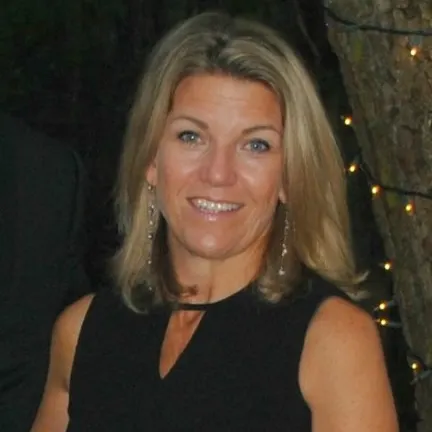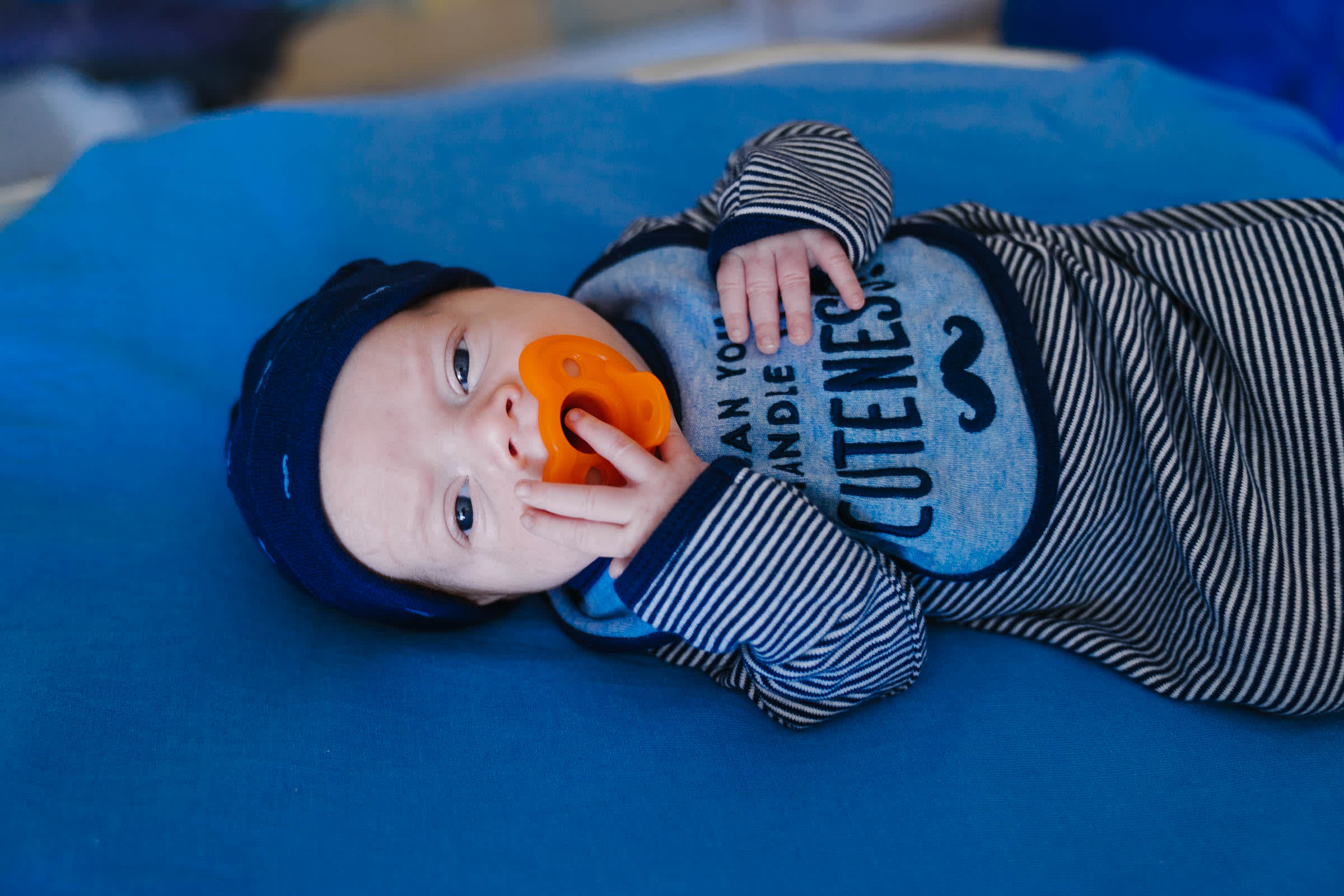
Jacksonville Beach Woman Born With Congenital Heart Condition Thrives With Benefit of Ongoing Care
Jacksonville, Florida — April 5, 2016
Jennifer Killingsworth was only three weeks old the day her mother noticed something wasn’t right. While giving her a bath, she noticed her baby was starting to turn blue, and called the pediatrician who suggested they go in for tests. It was 1969, and doctors confirmed she had a congenital heart condition called Tetrology of Fallot, and that she would require several surgeries and other interventions over the years to survive.
Tetrology of Fallot is comprised of several structural heart defects, including a hole between the pumping chambers of the heart and a narrowing of the passageway leading from the heart to the lungs, resulting in the circulation of poorly oxygenated blood through the body.
Because surgeries weren’t performed on newborns back then, surgical repair was put off until they were able to grow big enough for corrective surgery. That meant that babies with more severe cases typically died as infants. Thankfully for Killingsworth, she was able to wait until she was 18 months old for her first corrective open-heart surgery at the University of Florida Health in Gainesville.
During this surgery, a shunt was placed to create a connection between the major arteries, the aorta and pulmonary artery so more blood could flow to the lungs and be oxygenated. This tided her over until age seven, when she underwent a major open-heart procedure to repair her heart. This required the placement of a patch over the hole in her heart, the removal of thickened muscle in the heart, enlargement of the pulmonary valve, and another patch sewn to the top of of the pulmonary arteries to make them wider. The surgery wasn’t a permanent fix, and future surgery was in the cards, but Killingsworth recalls a fairly normal childhood.
She said, “I think my mother shielded me a lot, talking to the school, making sure it was known that I shouldn’t participate in strenuous activities in P.E. but playing it down…it was almost a non-issue for me. Everyone knew about my heart condition, and there were a lot of doctors’ appointments and procedures, but it certainly didn’t define me. I attribute that to my mother, and the approach she took to keep my life as normal as possible.”
In 1985, the summer before her sophomore year in high school, Killingworth underwent pulmonary valve replacement surgery, which was not entirely successful; she had to go back five years later for a redo. While she still has the valve from her second replacement today, she developed an arrhythmia (abnormal heart rhythm) in her mid-20s, a complication resulting from her previous surgeries, and required the implantation of an internal defibrillator and several medications to help keep her heart beating regularly. She is monitored several times a year by Randall Bryant, MD, a pediatric interventional electrophysiologist with the UF Health Pediatric Cardiovascular Center and Wolfson Children’s Hospital, and has had the device replaced a few times.
“Today, we are able to repair hearts at a much earlier age and more effectively to avoid complications that are more prevalent in those who were older when they had their corrective surgeries, and who had the older techniques that required larger incision and sewing of material within the heart,” said Brandon Kuebler, MD, a pediatric cardiologist and board-certified adult congenital heart specialist with the Adult Congenital Heart Program at the UF Health Pediatric Cardiovascular Center and Wolfson Children’s Hospital. “Based on current practices, we have significantly decreased those risks, but ongoing management is essential.”
Because tissue heart valves used for replacement generally only last about a decade, Killingsworth knows she will need to undergo another replacement sometime in the future. But with today’s advancements, she will be a candidate for the Melody® Transcatheter Pulmonary Valve, made from a cow’s vein and mounted to a stent that’s inserted through a thin catheter up the groin and into the heart.
As opposed to the week or more stay in the hospital after major open-heart surgery that Killingsworth is used toshe likely will go home the day after her procedure with very little pain and a much easier recovery. Dr. Kuebler added that symptoms of a failing valve, including poor heart rhythm control and activity intolerance, usually start happening when the need for replacement is imminent so monitoring on a regular basis, including the use of stress tests, is imperative to stay ahead of the situation.
Although Killingsworth is approaching 50, she will continue to be followed by her Adult Congenital Heart team that specializes in these lifelong heart conditions, but not ones acquired over time. “My heart looks different now, and Dr. Kuebler and his team understand the uniqueness of my heart, and how it’s anatomically different because of my reconstruction surgeries,” she said. Improvements in medicine, treatment options and the continuity of care now available to heart patients as they become adults are the reasons why children born with congenital heart conditions are not only surviving into adulthood, but thriving and leading normal lives.
“If I had been born 10 to 20 years earlier, the outcome would have been bleak for me,” said Killingsworth, who now practices as a certified speech-language pathologist for UFs Northeastern Florida’s Early Steps Program. “Instead, I was able to become a mother, and lead a very fulfilling life. I am truly blessed.”

Giving to Wolfson Children's
As the only not-for-profit children’s hospital in Northeast Florida, Wolfson Children’s Hospital relies on the generous support of moms and dads, grandmas and grandpas, and others who care deeply about the health and well-being of kids in our region. You can help by making a secure online gift or by calling 904.202.2919.
